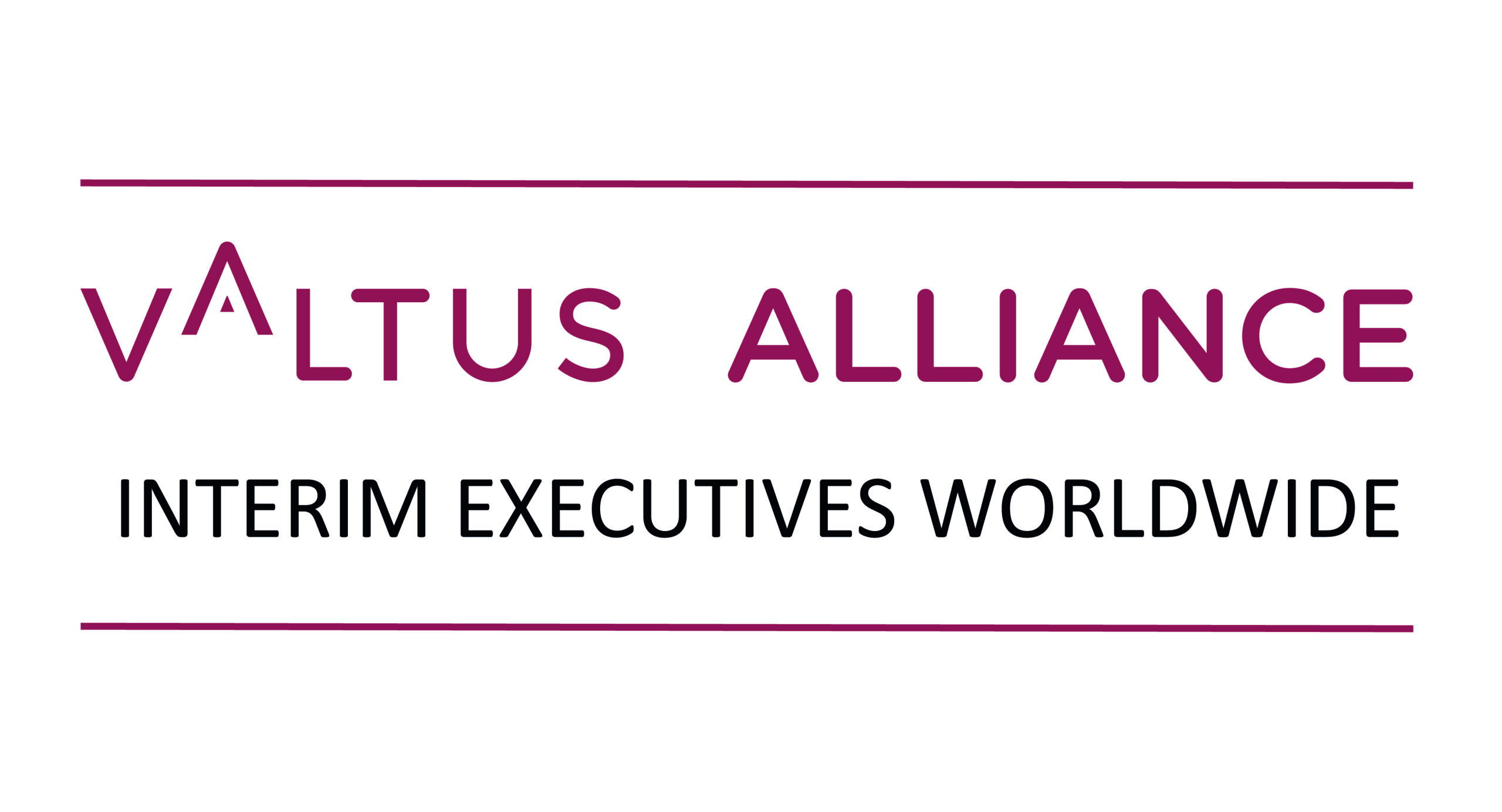Valpeo / Insights / Valuing People
How the classic employment contract is evolving into a partnership
September 9, 2021
‘In the selection process today, too many candidates are still written off or recruited for the wrong reasons,’ says Stephan Soens, Partner at VALPEO. ‘The cultural match between a candidate and a potential employer, and the level of added value that someone can bring, become much more important than proven experience or tested competencies. Yet we still rely too often on established concepts and methodologies which, at best, simply offer a false sense of security.’
The employee/employer relationship has radically changed compared with that of, say, twenty years ago. What is the underlying reason?
‘Several trends have contributed to this. Most companies and organisations have become a lot more complex. They not only have to deliver a product, and preferably also additional added value for the customer, but social relevance and sustainability now play an important part in their success. As a result, the bar is set higher for employees, who face expectations above and beyond simply being compliant and productive. The degree of autonomy and interaction required to deal with the increased complexity has increased significantly. The employee is also looking for more purpose in his or her work: how can I make my job as meaningful as possible for myself? The urge for self-expression, also in a work context, has become much greater. Growing prosperity means more and more people consider their work not only as a source of income, but also as a potential source of self-realisation. It has become an environment where they can pursue certain dreams, or contribute in a meaningful way to society. Under the influence of all these factors, the employment contract in 2021 is evolving more and more into a partnership.’
How should companies respond to this in their recruitment process?
‘The psychological contract with the employee is becoming more important, and at the same time there is less of a subordinate role for the employee. Instead, this subordination is giving way to participation, in order to achieve shared ambitions. As an employer, you have to think about employment relationships and the distribution of value: how do you measure the value of an employee – who is almost always considered a cost – against the added value awaiting a shareholder? Everything starts, of course, with an appropriate selection and recruitment policy. If there is not adequate agreement from the outset between the identity of the candidate and the corporate culture of the employer and the complexity of the challenge, there is a very good chance that after, say, six months you will discover there is no real match between employer and employee. Companies need to look much more consciously at the identity of a candidate from the outset: what does he or she stand for, what does he or she want from a job, to what complexity can a candidate contribute? Employers still too often look at employees from a purely hierarchical point of view: I have work to do and am looking for someone to do it as efficiently as possible. I wouldn’t want to make a living out of the companies that still work on the basis of classical reasoning tests or behavioral exercises instead of starting from the value framework and the expectations and potential of a candidate. We still too often base ourselves on established concepts and methodologies, but at best these offer a false sense of security.’
Do you have the impression that there is a growing awareness in the business world that a different approach is needed?
‘Yes, we are at a turning point. If a company at least acknowledges that feeling, it is our job to make it tangible. Of course, this requires a greater degree of empathy: as an employer today, you no longer start from a number of superficial and static criteria on a linear scale, but rather from the dynamics, the underlying emotions, the framework of values and the level of consciousness of an individual that must match your business environment.’
What does this mean for you now? Especially for executive management positions, there seems to be a war for talent on the horizon again?
‘The individualisation of our society has radically changed our business. We try to identify ourselves as much as possible with the employer, to give the employee sufficient insight into the company culture and the value to be added in his role. Only then can we really judge whether there is a match. That is where our greatest added value lies. At the same time, we try to provide the employer with the most accurate and thorough insight possible into a candidate’s personal dynamics and what added value that can lead to. Within which context can he or she make a real contribution? And vice versa: what could possibly stand in the way of an optimal match? To this end, we work on three levels: the mental orientation, the value orientation and the behavioural orientation. We look for a balance between the ambitions of the organisation and the individual, for the benefit of both. In the past, the main point of departure was the responsibilities to be taken on and the accompanying competencies, and the candidate just had to fit in.W e have learned that if value frameworks are not sufficiently in line, and the complexity of the role is too great or too small, there will never be a good match in the long term because the friction will become too great.’
The key question here is: do companies themselves always know enough about what they stand for exactly?
‘Not always, but we help them with that. What are they mainly doing, how do they offer their customers added value? Where is their sector and how is it evolving? Ultimately, how complex is the challenge that has to take shape?’
In our Western society, the importance of the individual and the desire for greater autonomy and self-expression are constantly increasing. What will be the broader impact of this on the labour market?
‘I expect that traditional employment contracts will increasingly have to make way for other forms of collaboration – for example, on a freelance basis – which allow employees to realise their individual purpose in a work context. Today, employers mainly opt for freelance collaboration because of the flexibility or temporary necessity, but in the long run other motives will increasingly have to be considered. The most successful employer will be the company that allows its employees to develop themselves to the fullest and that hires employees who can bring maximum added value. And note: there is nothing wrong with employees who are perfectly happy if they can work somewhere for 38 hours a week without losing any sleep over any self-development. More than that, this too can be a form of purpose. But the time when you could lump all employees together is definitely over.’
Want to find out how to assess the cultural match between a candidate and an organization?
Subscribe to Ripple, the newsletter
Gain expert advice, innovative strategies, and actionable insights to drive sustainable growth and empower your organisation to thrive in today’s dynamic business landscape.



